|
1 Comment
Disney’s Up is a CGI animated film that was released in 2009. It’s a rollicking tale full of zeppelins, talking dogs and a gorgeously-animated bundle of balloons the size of a large tornado that floats a house from Anywhere USA to the mountains of South America. Despite all that magic, nobody really remembers Up for its adventurous hijinks. When people think about Up, they think about a small five minute sequence at the beginning of the film that shows the happy, quiet marriage of Carl and Ellie. Carl, the old man who is the main character of Up, was (like all old people) not always old. Up, before it gets started on the main story, shows a small story of Carl’s life before he became a grumpy old hermit. Ironically that small story became more memorable for viewers in 2009 than all the noise and color that made up the bulk of the plot of Up. The movie opens with Carl as a young boy. He meets an adventurous and talkative young girl named Ellie. Quiet young Carl and talkative young Ellie seem to be polar opposites but they both love playing games involving the exploration of wild landscapes. Ellie’s dream is to visit Paradise Falls in South America. The children pledge to go there someday (“Cross your heart! Cross it!”). There is then a 15 year time jump and we are at Carl and Ellie’s wedding. Their relationship seems to be absolutely ideal. Carl and Ellie suit each other to a T. Ellie accommodates Carl’s quiet bumbling nature. When Carl accidentally leaves a hand print on their new mailbox, Ellie purposely puts her own hand print next to his, turning the mistake into a sweet design. Carl, meanwhile, accommodates Ellie’s more adventurous, take-charge attitude by helping her rebuild an old wrecked house literally on the same day as their wedding. There is a very cute shot of Ellie sawing a plank of wood while still in her wedding dress. She lets nothing stand in the way of her goals, and she doesn’t wait around either! Carl and Ellie’s marriage hits their first real problem when they try to have children. Ellie turns out to be unable to get pregnant. The film implies that she may have suffered a miscarriage as well. Ellie falls into a depression after her miscarriage. Carl manages to pull her out of her unhappiness by reminding her of their goal to visit Paradise Falls. They set up a fund to pay for the trip. Their fund consists of dropping coins in a glass jug. Ellie and Carl also work together at the South America exhibit at the local Zoo. It seems rather odd that dropping coins in a jug that will probably never hold more than fifty dollars at the most is a good way to save for the trip of a lifetime. Saving money in a glass jug instead of putting together a financial plan and opening up a bank account seems like a set-up for failure. (To be fair, of course, it’s hard to portray a whimsical visual way of saving money in a dialogue-free animated sequence). And here’s where the story gets problematic. The implication in the story is despite saving up for their trip to Paradise Falls, real life constantly gets in the way. The car needs a new tire. Carl breaks his leg. The roof needs repairs. The jug for the Paradise Falls is repeatedly smashed open to pay for the emergencies that arise. The dream gets forgotten. Ellie is reduced to a pair of hands straightening Carl’s ties throughout the decades as they both grow older. The jug of coins, and Paradise Falls, is placed on a book shelf and forgotten. Which is odd, because the movie shows Ellie dedicating literally decades to her job at the zoo running the South America exhibit. If you’ve spent thirty years striding around in a pith helmet telling children about South America, shouldn’t you at least have a little experience actually being in, you know, South America? I mean, it’s literally your damn job. Once Carl and Ellie reach their 70s, Carl suddenly realizes that maybe it’s time to fulfill his promise to go to Paradise Falls with Ellie. Feeling guilty, Carl goes out and buys two plane tickets to South America. Just like that! Turns out the money was there after all. It’s almost like two employed people with no kids who own their own house actually DO have enough money to travel! That silly jug with the coins looks more like a passive-aggressive way for Carl to drag his feet when it comes to going to Paradise Falls than an actual savings plan to put together an overseas trip. And it worked! Quiet small-town Carl overruled adventurous Ellie for decades and Ellie never got to go to Paradise Falls. She dies before she and Carl are able to board the plane for South America. Carl wins. He gets to live his life on his own terms. He has the wife, the house, the job and never has to go to South America. Ellie never gets to fulfill her dream of travel. Nor does it appear that Carl and Ellie even travel at all, or even have a wide circle of friends. At Carl and Ellie’s wedding, we see that Ellie’s side of the church is crowded with loud, joyful people. Carl’s side of the church has few people and they aren’t very enthusiastic. This trend in Ellie’s life of having many joyous friends does not hold. Ellie and Carl are really never seen enjoying life with people other than themselves. They picnic alone. They drive alone. Other than the children at the zoo, Carl and Ellie don’t seem to have a lot of acquaintances. Carl’s social reticence overtakes Ellie’s gregarious nature when it comes to how Ellie lives her life while married to him. Carl wins again. In one sequence that is supposed to be touching but always struck me as the movie trying too hard to excuse Carl’s neglect of Ellie’s dreams, Carl looks at Ellie’s photos in a photo album. Carl is clearly sad that the section of the album that Ellie designated “Stuff I’m going to do” is empty because she never got to live her dreams. He turns the page and then sees that Ellie has filled the album with photos from their marriage. The photos are supposed to show a happy marriage but they also look kind of lonely, truth be told. The pictures are of just Carl and Ellie (or just Ellie by herself). There are no other friends or relatives in the photos mapping their adult lives. There is even a birthday party picture which looks a little dim and solitary. Nobody came to Ellie’s birthday party except Carl? They had no nieces or nephews? No friends or colleagues from the zoo? What about all those kids Carl gave balloons to at the zoo? They didn’t visit Ellie? Then the most problematic portion of the movie comes into view. Carl sees that Ellie, probably while she was dying, wrote a last message in her adventure book. “Thanks for the adventure- now go have a new one! Love, Ellie” What adventure??!! The whole entire message to the boys watching the movie is that it’s okay for men to limit the lives of their wives. Even a small, cramped marriage with absolutely no travel or adventure or dream-fulfillment on a woman’s part still counts as an adventure in her mind, so don’t worry boys! Don’t feel guilty about limiting your wife’s horizons! Fuck her, she’s grateful for whatever she gets. No career? No travel? No advancement in her social role? No problem! It’s still an adventure for her. In the end, she’s just there to comfort you. Carl got everything. And he didn’t even have to feel guilty about it. In the end Carl teams up with an energetic little boy scout named Russell and they have a huge adventure together. Carl emerges victorious but he loses the house. The house is seen as a representation of Ellie’s spirit throughout the movie. Carl often talks to the house as if he’s talking to Ellie. As the house floats away from Carl at the end of the movie, Russell looks at Carl and says “Sorry about your house Mr. Frederickson.” Carl pats Russell on the shoulder and says, “You know, it’s just a house.” I absolutely love Up and still am very touched by many things in the movie. Nevertheless, like the not-very-subtle white supremacist messaging in The Incredibles, I find a lot of the messaging in Up to be disturbing. Yes, it was brave for Disney to portray infertility and miscarriage in a kid’s film. Yes, Ellie as a child is full of adventurous, unapologetic pizzazz that is refreshing to see in a girl character. Ellie, however, loses her voice once she becomes a woman. Literally. Google “voice actor for adult Ellie in ‘Up.’” There are no results. Ed Asner voiced adult Carl (and did a magnificent job) but the audience never hears what adult Ellie sounded like. Also, after Ellie passes away in the opening sequence of Up, there are no female characters in the movie. None. Well, there’s a large bird named “Kevin” who turns out to be female but that’s about it. Oh, and Russell mentions a woman named “Phyllis” whom his divorced dad is dating. Phyllis is a bitch. Ellie is an angel. Kevin is a bird. And that’s about it. Honestly I would have been a little happier with Up’s message if the Russell character had been a plump, enthusiastic girl scout instead of a plump enthusiastic boy scout. There is nothing about Russell’s role that is especially gender-specific. His character could have easily been a girl. In that way his relationship with Carl could have been a redemption story arc for Carl. Carl may have failed to give the woman in his life the adventure she deserved, but he could make it up by giving that adventure to another female character. Making Russell a boy and gaslighting the audience into thinking a woman who never got the adventure she wanted still had an adventure is more toxic when it comes to messaging. Or maybe I’m missing the entire point and the movie’s message is actually, “Look, go to South America now. Your husband can stay at home if he wants but if you let him call the shots you’re never gonna leave your small town let alone go to Paradise Falls. Pack a bag and go. He can run the balloon stand for a week while you’re out hiking.”
I can definitely get behind THAT message! 2 |
|
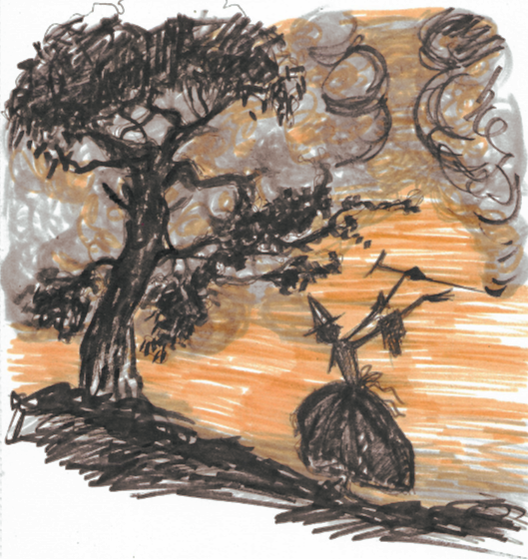
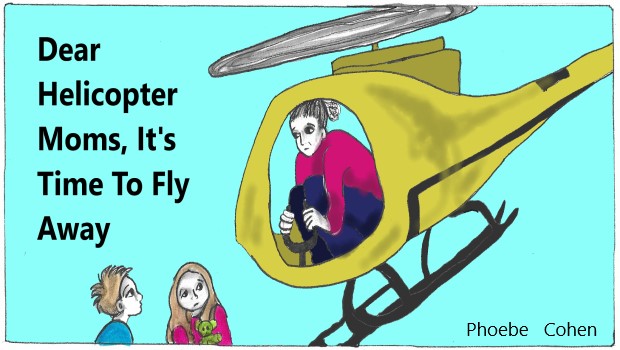
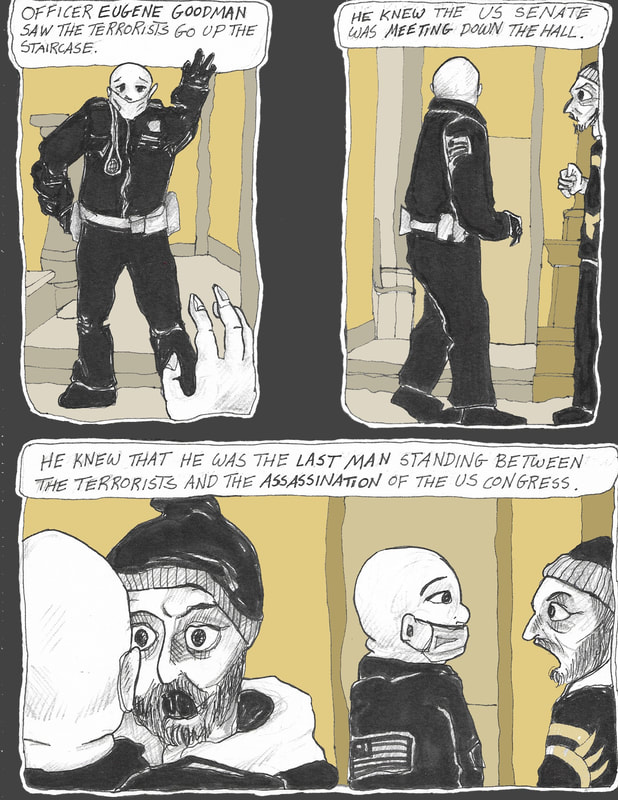
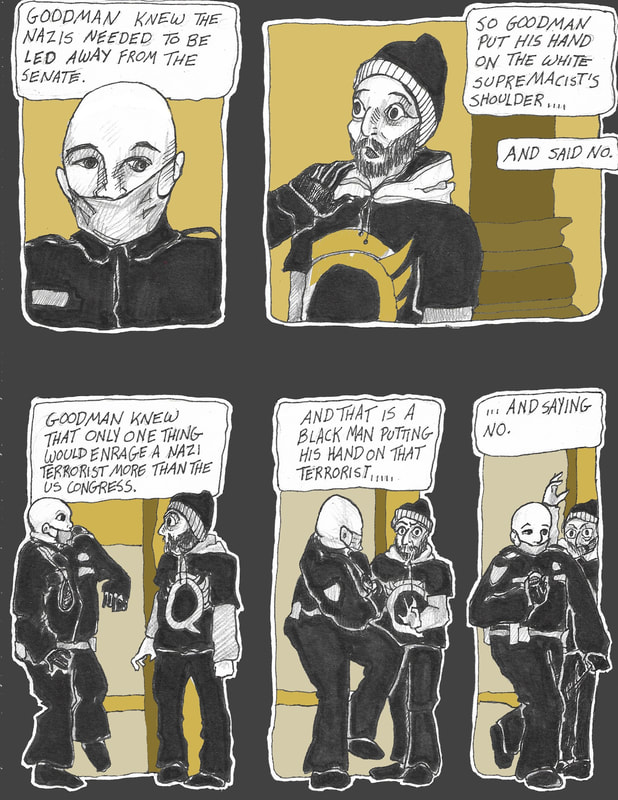
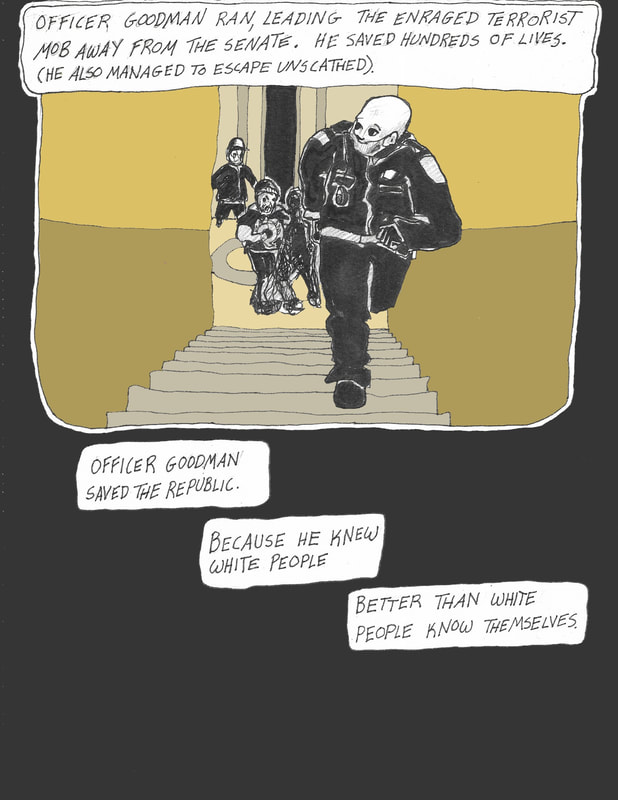
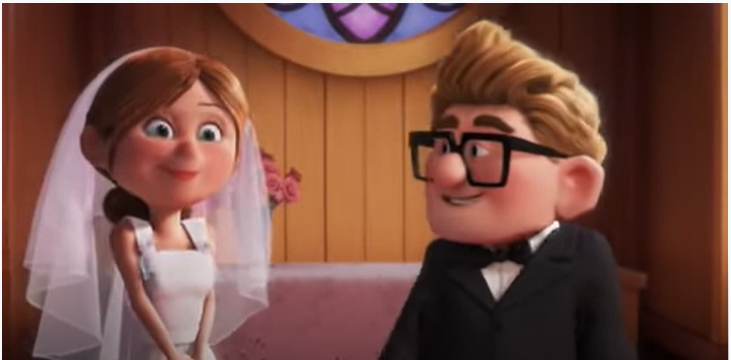
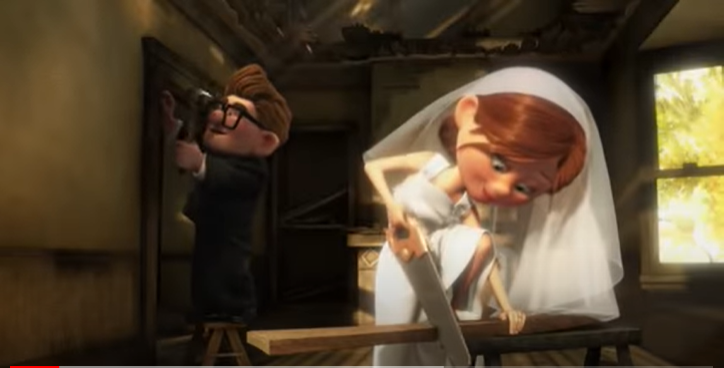
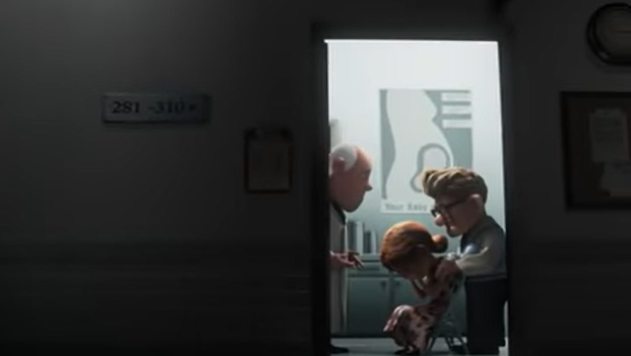
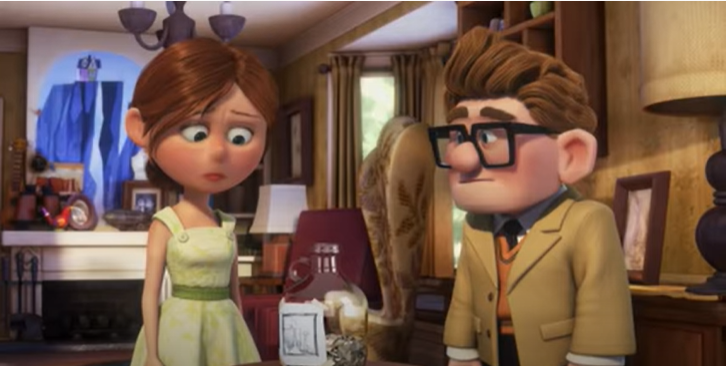
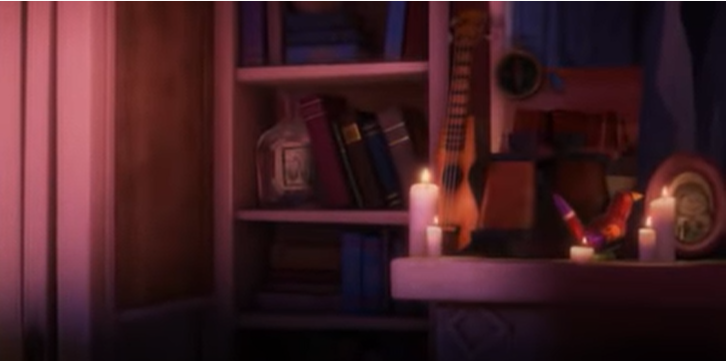
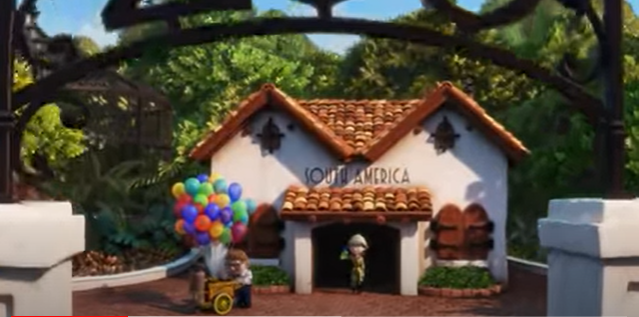
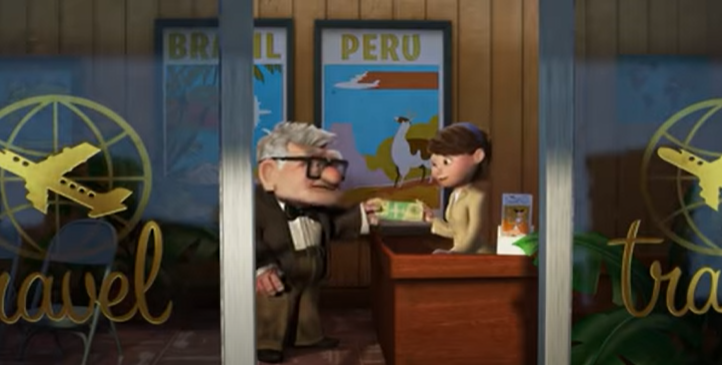
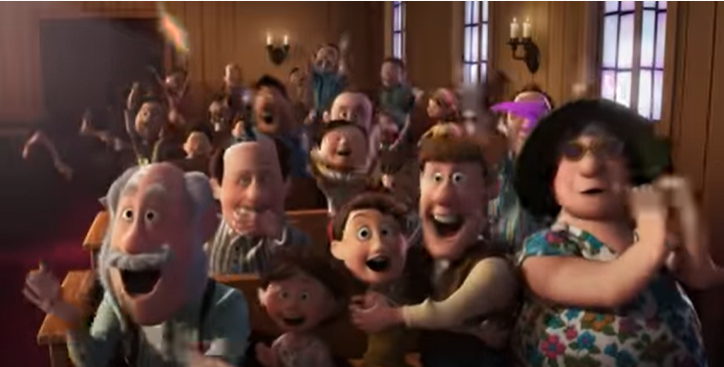
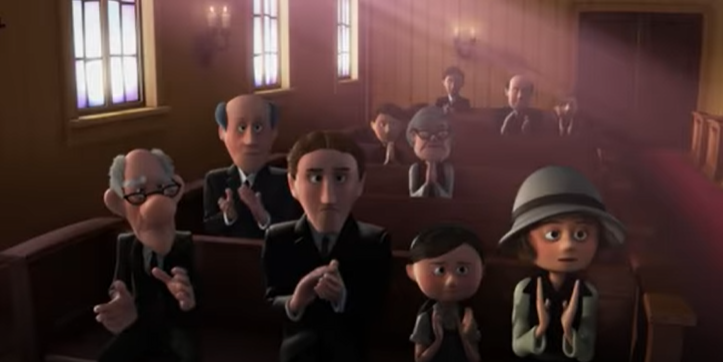
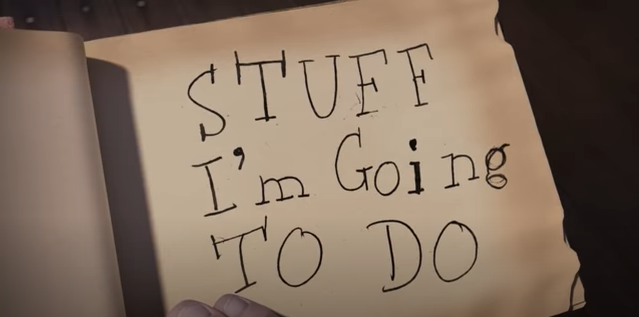
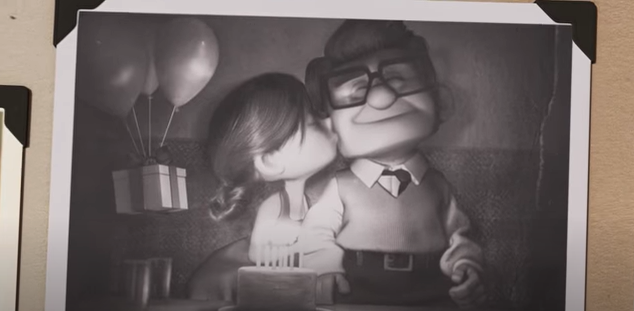
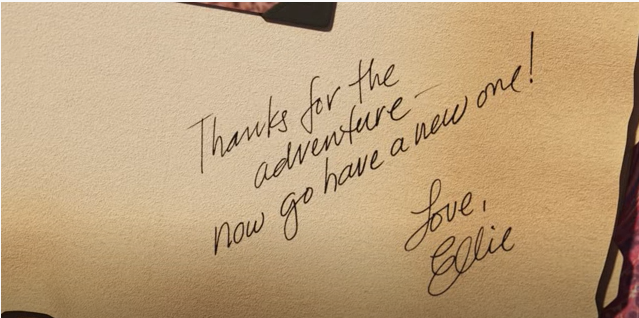
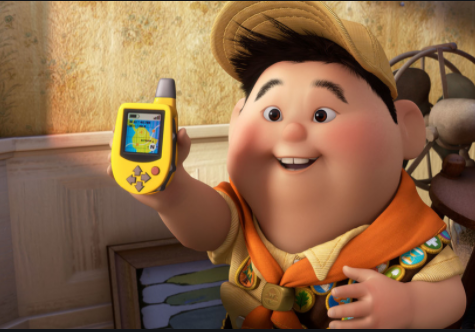
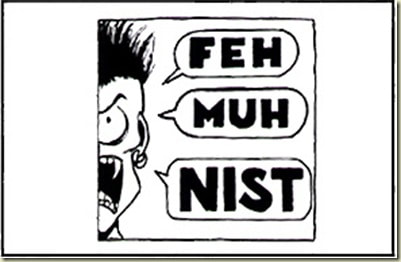
 RSS Feed
RSS Feed
